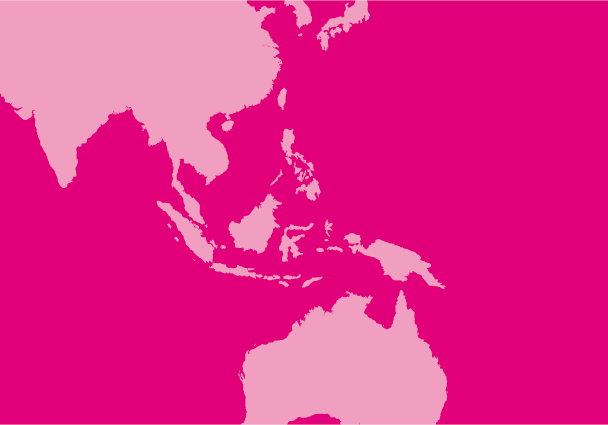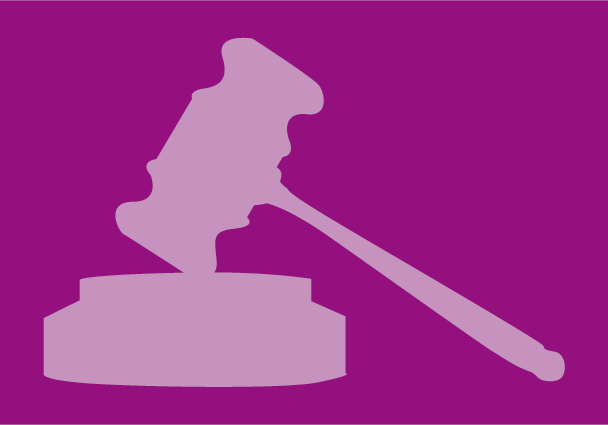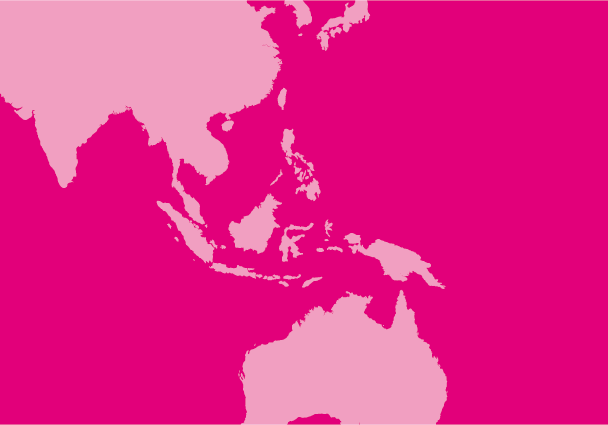
Mar 20, 2015 | Advocacy, Non-legal submissions
Today, the ICJ made a submission to the Universal Periodic Review of Nauru.
The submission brings to the attention of the members of the Human Rights Council’s Working Group issues concerning:
- The independence of the judiciary; and,
- International human rights treaty status and reporting obligations.
Nauru-UPR-Advocacy-2015-ENG

Mar 31, 2014 | News
The crisis for the rule of law in Nauru, triggered by actions by the executive government that undermine the independence of the judiciary, has deepened.
Nauru Chief Justice Geoffrey Eames resigned on 13 March 2014, two months after the Nauru government summarily dismissed and expelled a judge despite the Chief Justice’s orders to the contrary, and blocked the Chief Justice from returning to the country. A letter of concern ICJ wrote to the government of Nauru several weeks ago remains unanswered.
The decision of the Chief Justice to resign ended the stalemate the government had created by continuing to deny him entry to the country despite the legislature’s refusal to allow the government to impeach him on spurious grounds. It did not, however, end the continuing crisis the government’s actions have created for the independence of the judiciary and the rule of law in Nauru.
The ICJ had earlier publicly expressed its deep concern about the removal of Magistrate Law from office in absence of any due process, and in violation of an injunction issued by the then Chief Justice Eames, and the arbitrary denial of the Chief Justice of access to Nauru. Chief Justice Eames has said that, even by the time of his resignation in mid-March, he had not received any explanation of the specific reasons for cancellation of his visa.
The ICJ’s Centre for the Independence of Judges and Lawyers (CIJL) wrote to President Baron Waqa and relevant ministers of government on 8 March 2014 requesting information and calling upon the government to immediately reverse and remedy the actions taken against the Resident Magistrate and Chief Justice, and to adhere to concrete procedural safeguards to re-establish protection of the rule of law (PDF: Letter-Nauru-IndependenceJudiciary-03032014). To date, the ICJ has received no response.

Jan 21, 2014 | News
The ICJ is deeply concerned by reports that the President of Nauru has prevented the island nation’s Chief Justice from returning to the country and expelled the sole Resident Magistrate in violation of international standards on the independence of the judiciary.
According to media reports, Nauru President Baron Waqa on January 19 removed Resident Magistrate Peter Law in violation of an injunction issued by Chief Justice Geoffrey Eames. Subsequently, Chief Justice Eames, who was in Australia at the time, had his visa cancelled. Both judicial officials are Australian citizens.
Australia administered Nauru as a dependent territory until 1968 and the two countries retain strong bilateral relations. Australian judges and magistrates often serve on Nauru Courts.
“Removing judges from office, without any process whatsoever, breaches clear international standards on the independence of the judiciary,” said Sam Zarifi, ICJ’s Regional Director for Asia and the Pacific. “It also jeopardizes the right of people in Nauru, especially those currently engaged in legal proceedings, to have a fair trial.”
Nauru is an island state in Micronesia in the South Pacific.
The ICJ’s Centre for the Independence of Judges and Lawyers (CIJL) is monitoring developments.
Contact:
Sam Zarifi, ICJ Asia-Pacific Regional Director, (Bangkok), t:+66 807819002, e-mail: sam.zarifi(a)icj.org
Craig Knowles, ICJ Media & Communications, (Bangkok), t:+66 819077653, e-mail: craig.knowles(a)icj.org







